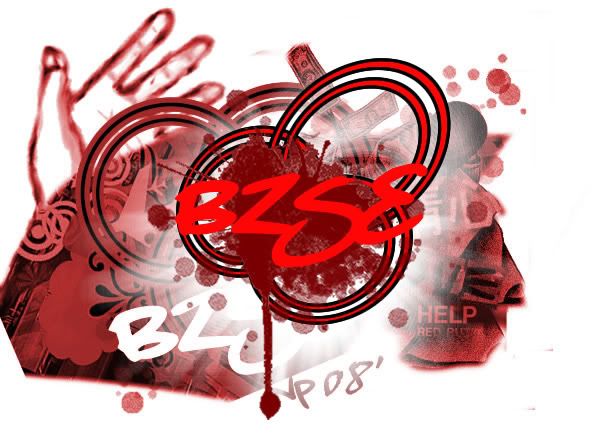Tuesday, June 1, 2010
international system- Julinda
In 2008 May 2 and 3, a cyclone hit Myanmar destroying villages and paddy field, affecting around 2 millions of the population. (alertnet, 2010) The number of dead toll was between 68,833 and 127,990 as estimated by the Red Cross organisation. (THE NEW YORK TIMES, 2008) The government of Myanmar refused to receive the aid from the neighbouring countries and international organisation. This includes necessities like food, water, medicine and blankets and tent.
There are a few reasons why the aid did not reach the beneficiaries. One of the reasons is that the government refuse to accept international aid. Former Asean secretary-general Mr Ong Keng Yong tried to defend ASEAN’s handling of Myanmar cyclone aid issue thought that the Myanmar junta leaders tried to put up a brave front, thinking that they can deal with the disaster as they had done before in the past without the help of foreign aid. (The Straits Times, 2008) They did not really think about the consequences of the victims that are affected by the cyclone instead they care more about their image therefore they did not want to tell the world much.
As they did not update the world with their current situation, it is difficult for the organisation to prepare enough aid to help the victims in the affected area. The foreign aid teams would even have to negotiate with the government to grant them the access to the country. (Othmanzul, 2008) This had obstructed their rescuing plan in the country and leading to more death tolls in the disaster. Mr Yang Razali Kassim, a senior fellow at the S Rajaratnam School of International Studies mentions that “"But the lack of information (in Myanmar) about infrastructure and many things that can help to process and bring the aid in would prove to be a major stumbling block" (Othmanzul, 2008)
When the government started to accept the aid given the various organisations, they stated that they would not want to receive help from the relief workers to distribute the suppliers but they rather distribute it themselves. The aid agencies on the other hand, wanted to coordinate and control their aid. (Mydans, 2008) Another major stumbling block would be the getting the support from the government as in this case, the government is not willing to coordinate with the aid agencies, this would cause delay in the providing the aid to the victims.
From the problems stated above, we can see that it is the government who is not willing to accept the aid and resulted in the failure in delivery aid. Some recommendations that I would suggest is firstly, they can meet the official government to discuss on the plan that the organisation has. The organisation can also work with the government to see on the areas that they need. This would ensure that the government have a clearer plan of what they are intending to do. At the same time, gain the support from the government in the disaster relief.
Secondly, involving the government in the plan will create a sense of ownership to the government. Involvement can be in the form of providing labour to the disaster relief and financially. We can ask the government what they can contribute to the disaster relief in long term. This would also ensure reponsbility from the government.
Bibliographyalertnet. (2010, April 28). Myanmar cyclone. Retrieved June 1, 2010, from http://www.alertnet.org/db/crisisprofiles/MM_STO.htm
Mydans, S. (2008, May 9). UN to resume aid supplies to Myanmar. Retrieved June 1, 2010, from The New York Times: http://www.nytimes.com/2008/05/09/world/asia/09iht-09unaid.12730552.html
Othmanzul, Z. (2008, May 8). Will junta allow the world in? Aid groups face a man-made hurdle as Myanmar staggers from nature's fury. Retrieved June 1, 2010, from Today: http://global.factiva.com.libwww3.np.edu.sg/ha/default.aspx
THE NEW YORK TIMES. (2008, May 15). Aid Groups Say Myanmar Food Stolen by Military. Retrieved June 1, 2010, from http://www.nytimes.com/2008/05/15/world/asia/15myanmar.html?_r=1
The Straits Times. (2008, May 30). Myanmar: A turning point? Retrieved June 1, 2010, from http://global.factiva.com.libwww3.np.edu.sg/ha/default.aspx
We Loved10:21 PM





 April 2008 past
April 2008 past